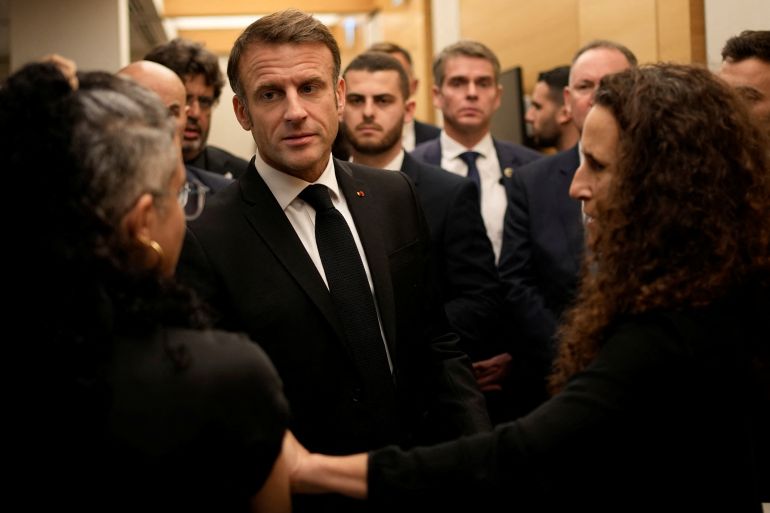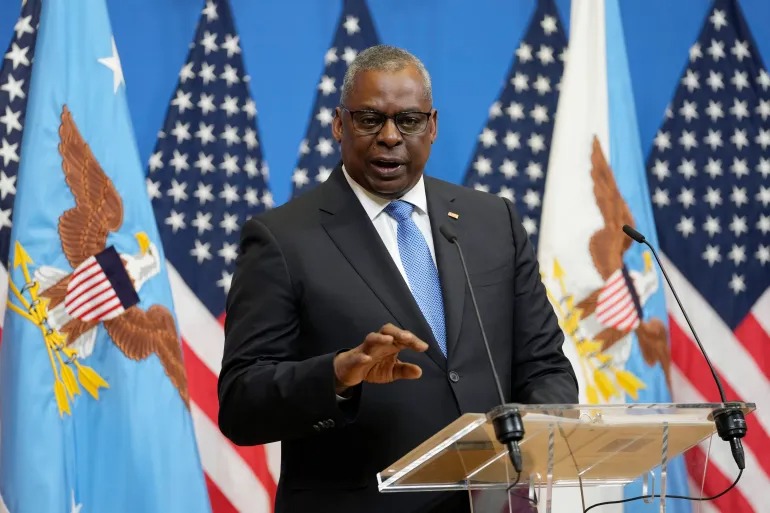In the wake of the devastating Hamas attacks on southern Israel on October 7, 2023, the world has witnessed an extraordinary and unprecedented show of support from European leaders towards Israel. While European heads of state have flocked to Tel Aviv to stand beside Israeli Prime Minister Benjamin Netanyahu, this display of solidarity is far from a mere photo opportunity. It reflects a significant shift in Europe’s stance toward Israel and underscores their concern about the broader implications for regional security.
European Leaders Stand Firmly by Israel
German Chancellor Olaf Scholz’s words echo a sentiment shared by several European leaders, who are making their way to Israel one by one. “In such difficult times, there is only one place we can be: at Israel’s side,” Scholz stated during his visit, which took place just ten days after the devastating Hamas attack. This unequivocal support marks a significant departure from Europe’s traditionally cautious approach to the Israeli-Palestinian conflict.
George Tzogopoulos, an expert in international relations, described this support as a “watershed moment” for Israel in terms of European backing. For years, European leaders have advocated for a two-state solution and urged restraint on both sides to prevent further escalation. However, since the October 7 attacks, Europe’s tone has shifted significantly.
Concerns over Regional Security and Humanitarian Crisis Loom
The imminent prospect of an Israeli ground invasion of Gaza has heightened concerns among European leaders. Analysts assert that a ground war is not a matter of “if,” but rather “when and how.” While Europe supports Israel’s quest to neutralize Hamas, it is deeply concerned about the ramifications of such an escalation.
One of the primary fears is the potential for future attacks and spillover effects in the region. Southern European countries, notably Italy and Greece, are particularly apprehensive about the possibility of a wider regional war involving Iran, which could lead to a massive refugee crisis. This concern is not unfounded, as past events, such as the 2015 attacks in Paris, demonstrated that refugee flows could be exploited by extremists.
Furthermore, the ongoing war in Gaza jeopardizes the progress made through the Abraham Accords, which aimed to normalize relations between Israel and some Arab countries. At a time when the Western world faces geopolitical challenges, including the need to address Russia’s actions in Ukraine and deter China over Taiwan, the balance sought by Europe is to eliminate Hamas without sowing the seeds of hatred and violence that could lead to a new cycle of conflict.
Balancing Support with Calls for Restraint and Diplomacy
In their solidarity with Israel, European leaders have not forgotten to offer advice to their Middle Eastern counterpart. They emphasize the need for restraint and humanity in the midst of the conflict. Dutch Prime Minister Mark Rutte, after meeting with Netanyahu, wrote on social media, “Civilian casualties and regional escalation must be prevented.” The Netherlands and the United Kingdom have even called for “humanitarian pauses” to ensure the delivery of essential supplies into Gaza.
EU foreign policy chief Josep Borrell has gone further, calling for a temporary halt in the war to allow humanitarian aid to reach Gaza, where hospitals are reportedly facing dire shortages.
Even the United States, traditionally one of Israel’s staunchest allies, has joined the chorus, urging Israel to exercise restraint. President Joe Biden cautioned Israel not to be “blinded by rage” during his visit to the region.
Eye on the Future
As the conflict continues to unfold, there remains an optimistic perspective that this crisis may offer an opportunity for the international community to play a more constructive role. Experts suggest that, regardless of how the war concludes, it will be imperative for Israel and Palestinian leaders to come to the negotiating table for the sake of coexistence.
Leaders like French President Emmanuel Macron reiterate the importance of a “merciless” fight against Hamas while stressing the necessity of a two-state solution for lasting peace and security in the region.
The question that now looms is whether Netanyahu and the Israeli government will heed these messages of support, restraint, and diplomacy from Europe and the United States. The path to lasting peace remains uncertain, but the world watches closely, hoping that a way forward can be found, balancing the need to ensure Israel’s security with the imperative of addressing humanitarian concerns and promoting a peaceful coexistence in the region.
















